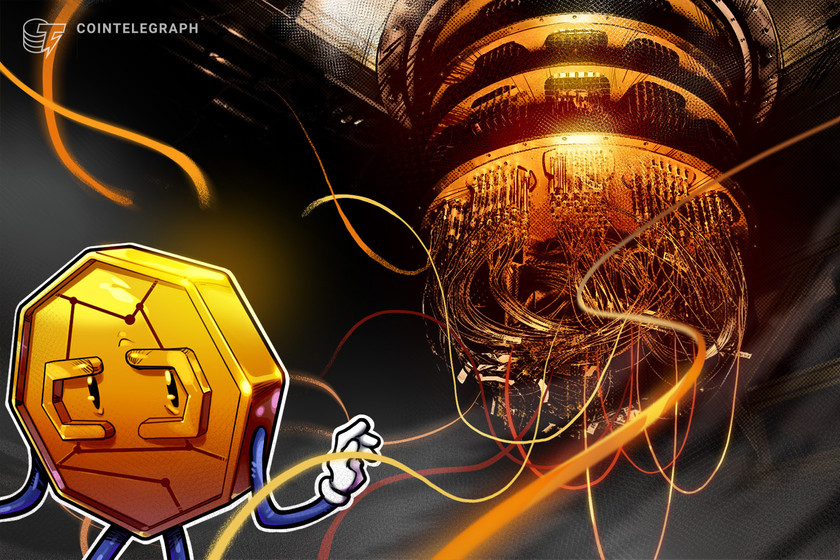Why Quantum Computing Isn't a Threat to Crypto…Yet
Quantum computing still has a long way to go before it poses a threat to blockchain technology.
 Analysis
Analysis
Quantum computing has raised concerns about the future of cryptocurrency and blockchain technology in recent years. For example, it is widely assumed that very sophisticated quantum computers will one day be able to crack current encryption, making security a serious concern for users in the blockchain space.
The SHA-256 cryptographic protocol used for Bitcoin network security is currently unbreakable by today's computers. However, experts predict that within a decade quantum computing will be able to crack existing encryption protocols.
As to whether holders should be concerned that quantum computers pose a threat to cryptocurrency, Johann Polecsak, CTO of QAN Platform, a blockchain platform from layer 1, told Cointelegraph:
"Certainly. Elliptic Curve Signatures - which power all major blockchains today and have been shown to be vulnerable to QC attacks - will break, which is the system's ONLY authentication mechanism. Once it will break, it will be literally impossible to tell the difference between a legitimate wallet owner and a hacker who has forged the signature of one."
If current cryptographic hashing algorithms are hacked, it leaves hundreds of billions of digital assets vulnerable to theft by malicious actors. However, despite these concerns, quantum computing still has a long way to go before it becomes a viable threat to blockchain technology.
What is Quantum Computing?Contemporary computers process information and perform calculations using "bits". Unfortunately, these bits cannot exist in two separate locations and two states simultaneously.
Instead, traditional computer bits can have the value 0 or 1. A good analogy is that of a light switch being on or off. Therefore, if there is a pair of bits, for example, those bits can only contain one of four potential combinations at any time: 0-0, 0-1, 1-0, or 1-1.
More...

Quantum computing still has a long way to go before it poses a threat to blockchain technology.
 Analysis
Analysis
Quantum computing has raised concerns about the future of cryptocurrency and blockchain technology in recent years. For example, it is widely assumed that very sophisticated quantum computers will one day be able to crack current encryption, making security a serious concern for users in the blockchain space.
The SHA-256 cryptographic protocol used for Bitcoin network security is currently unbreakable by today's computers. However, experts predict that within a decade quantum computing will be able to crack existing encryption protocols.
As to whether holders should be concerned that quantum computers pose a threat to cryptocurrency, Johann Polecsak, CTO of QAN Platform, a blockchain platform from layer 1, told Cointelegraph:
"Certainly. Elliptic Curve Signatures - which power all major blockchains today and have been shown to be vulnerable to QC attacks - will break, which is the system's ONLY authentication mechanism. Once it will break, it will be literally impossible to tell the difference between a legitimate wallet owner and a hacker who has forged the signature of one."
If current cryptographic hashing algorithms are hacked, it leaves hundreds of billions of digital assets vulnerable to theft by malicious actors. However, despite these concerns, quantum computing still has a long way to go before it becomes a viable threat to blockchain technology.
What is Quantum Computing?Contemporary computers process information and perform calculations using "bits". Unfortunately, these bits cannot exist in two separate locations and two states simultaneously.
Instead, traditional computer bits can have the value 0 or 1. A good analogy is that of a light switch being on or off. Therefore, if there is a pair of bits, for example, those bits can only contain one of four potential combinations at any time: 0-0, 0-1, 1-0, or 1-1.
More...
What's Your Reaction?






















